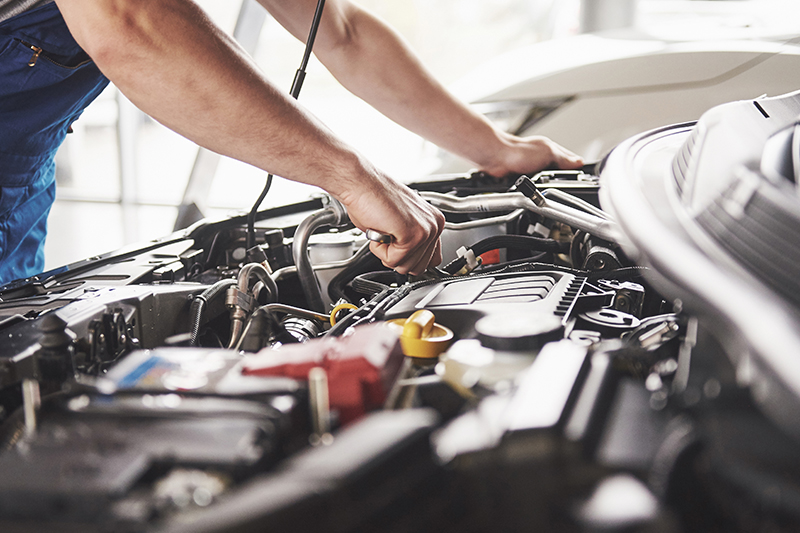Car ownership comes with the responsibility of regular maintenance to ensure optimal performance and longevity. Neglecting routine tasks can lead to costly repairs and compromise your safety on the road. In this comprehensive guide, we'll explore the fundamental aspects of car maintenance that every vehicle owner should prioritize.
1. Oil Changes: The Lifeblood of Your Engine
Regular oil changes are crucial to maintaining a healthy engine. Engine oil lubricates moving parts, reduces friction, and prevents overheating. Check your vehicle's owner's manual for the recommended oil change intervals, and ensure you use the right type and grade of oil for your engine. Regular oil changes contribute to smoother engine performance and extend the life of your vehicle.
2. Tire Rotations: Equalizing Wear for Longer Life
Uneven tire wear is a common issue that can affect your vehicle's handling and fuel efficiency. Regular tire rotations help distribute wear evenly, extending the life of your tires and improving overall performance. Aim to rotate your tires every 6,000 to 8,000 miles or according to your vehicle manufacturer's recommendations.
3. Brake Inspections: Safety First
Brake maintenance is critical for your safety on the road. Regularly inspect your brake pads, rotors, and brake fluid levels. Squeaking or grinding sounds, vibrations, or a soft brake pedal are signs that your braking system needs attention. Addressing brake issues promptly ensures responsive braking and prevents more extensive and costly repairs.
4. Fluid Checks: Keeping Systems in Balance
Your vehicle relies on various fluids, including coolant, transmission fluid, power steering fluid, and brake fluid. Regularly check fluid levels and top them off as needed. Additionally, consider flushing and replacing fluids according to your vehicle's maintenance schedule. Proper fluid levels and quality contribute to smooth operation and prevent engine and system failures.
5. Timely Maintenance: Prevention Is Key
Adhering to your vehicle's maintenance schedule is key to preventing unexpected breakdowns and expensive repairs. The maintenance schedule, outlined in your owner's manual, provides guidelines for when to perform specific tasks, such as replacing filters, inspecting belts and hoses, and checking the battery. Timely maintenance ensures your vehicle operates at peak performance and minimizes the risk of major issues.
In conclusion, regular car maintenance is essential for a reliable and safe driving experience. By staying proactive with tasks such as oil changes, tire rotations, brake inspections, fluid checks, and adhering to your vehicle's maintenance schedule, you not only extend the life of your vehicle but also ensure that it operates at its best. Take the time to care for your car, and it will reward you with a smoother, more efficient, and safer driving experience.


